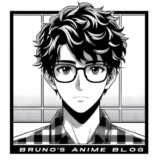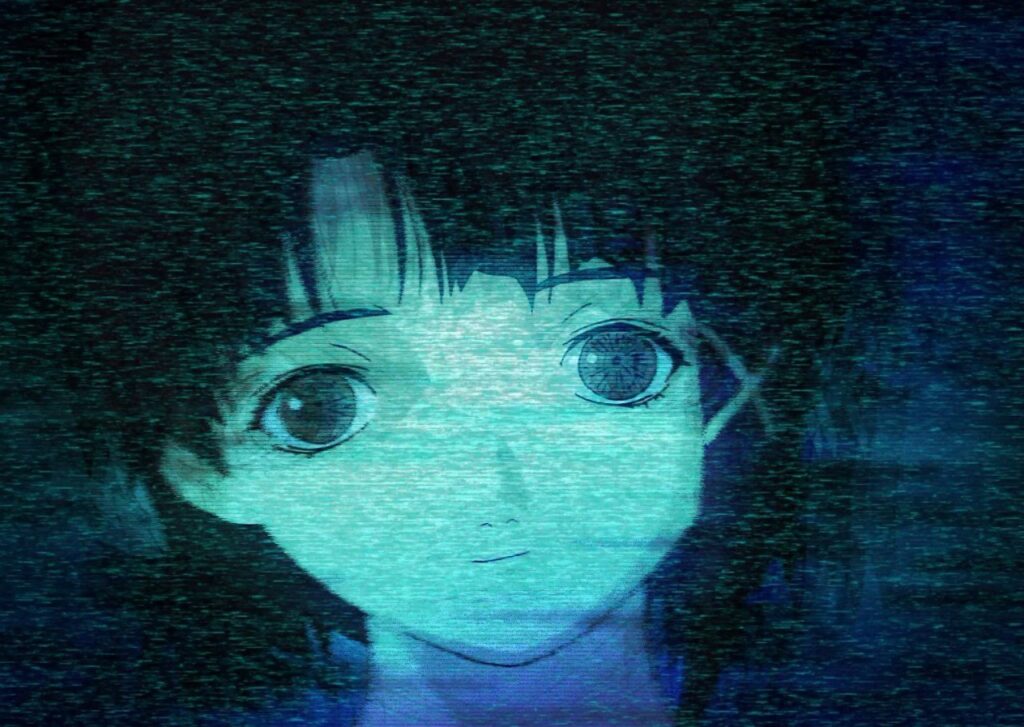At 13 years old, much like Lain herself, I became obsessed with technology and desktop computers. My earliest memories of diving into the guts of a PC involve nervously upgrading RAM sticks and crafting graphics for the online forum communities I belonged to. This digital space became my refuge, my playground—my Wired.
For those unfamiliar, Serial Experiments Lain is a groundbreaking anime series from the late ’90s that explores themes of identity, consciousness, reality, and the profound impact of technology on human life. It follows the enigmatic journey of Lain Iwakura, a shy adolescent girl whose encounters with a mysterious digital realm known as “The Wired” lead her into existential questions about her own existence and the nature of reality itself.
It was around this same time that I first watched Serial Experiments Lain, an anime whose cryptic themes captivated my young mind. The series sparked my curiosity about science and philosophy, igniting questions about the nature of reality, identity, and connection. What if everything truly is connected? Where could technology ultimately take us?
Fast forward to 2025, and those once-imagined technological breakthroughs from Lain’s Wired feel astonishingly real. As someone deeply immersed in Search Engine Optimization (SEO), I can’t help but notice eerie parallels emerging between Lain’s conceptual internet and our reality today. SEO isn’t just about keywords and algorithms anymore—it’s about understanding the intricate web of human intent, meaning, and interaction.
We’re living in a world where AI-generated content is rapidly reshaping the digital landscape. As I sit at my computer, prompting ChatGPT to draft an article for a client’s blog, the ease of generating text both excites and unnerves me. I glance over at my philosophy books, gathering dust on my shelf, and realize the profound relevance they now hold. With AI’s presence growing daily, we face pressing existential questions: What does it truly mean to be human? How will we differentiate human creativity from artificially crafted content?
The lines are already blurring. AI’s sophistication is advancing at a speed that could soon make it indistinguishable from authentic human output. This forces us to confront uncomfortable truths about our own uniqueness and the supposed superiority of human insight. It’s precisely why revisiting foundational philosophical questions about human identity, consciousness, and purpose is more critical now than ever.
My career in SEO has placed me directly at this fascinating crossroads. No longer do I see my job simply as a technical role that boosts company visibility online. Instead, I recognize it as a pivotal effort to shape the very future of the internet itself. Amid the growing flood of spam and low-quality AI content, the role of SEO professionals, web developers, and marketers becomes one of stewardship—sifting through the noise, championing authenticity, and advocating for a digital ecosystem built on meaningful, human-centric interactions.
One significant example of this is the current push in Canada towards comprehensive web accessibility. We’re not merely optimizing websites for search engines; we’re ensuring the web is inclusive and accessible, breaking down barriers so every human can participate fully. This is the kind of internet—the kind of Wired—that Lain envisioned: deeply interconnected, profoundly human, yet fully inclusive. My lifelong passion for anime and technology has guided me into an unexpected yet immensely rewarding career.
It’s ironic, perhaps, that watching Lain as a teenager would so profoundly influence my adult professional life. But here I am, inspired by those early philosophical ponderings, committed to forging a path through the digital wilderness. As SEO and technology professionals, our responsibility has evolved. We must become not just curators of online visibility, but architects of a digital space that genuinely enriches human life.
Together, we have the power to make our Wired better than Lain’s dystopian verison and more meaningful than the current internet dominated by spam, misinformation, and hate. Let’s build a web that stands as a beacon of collective human intelligence and compassion—one worthy of our humanity.
If anyone is interested in exploring the themes of Lain further, I highly recommend checking out the book Cyberia by Douglas Rushkoff (also the inspiration for the nightclub’s name in Lain). Cyberculture from the early ’80s and ’90s was wild!

